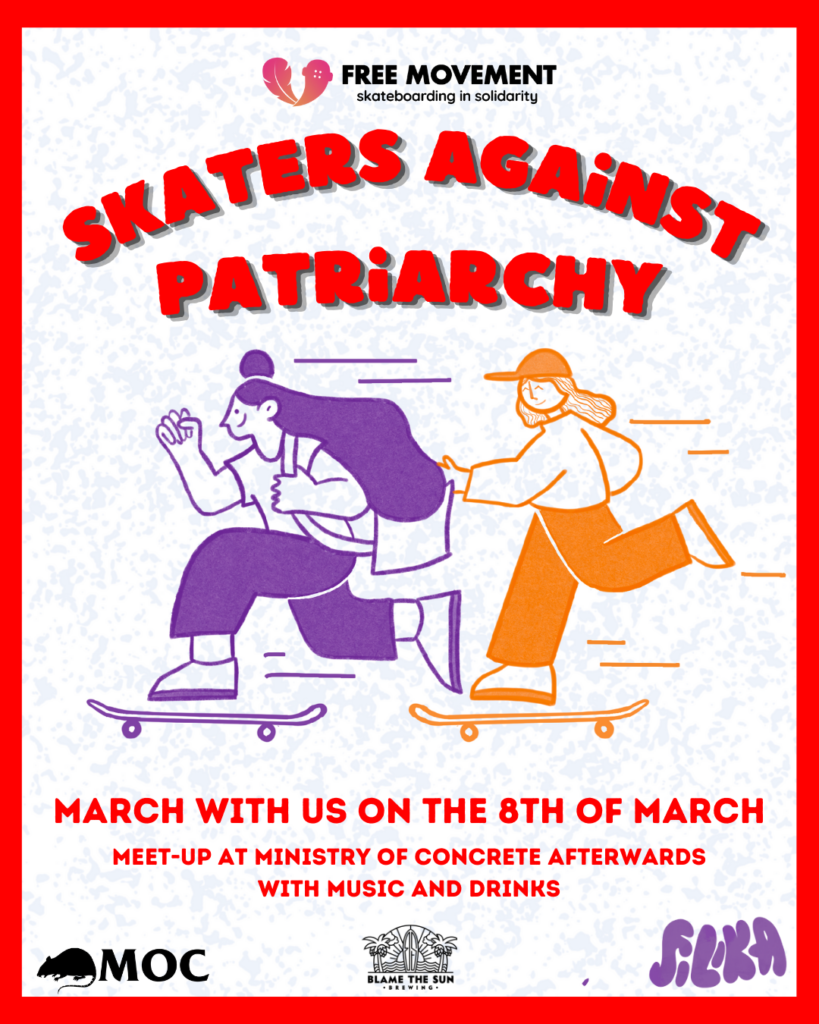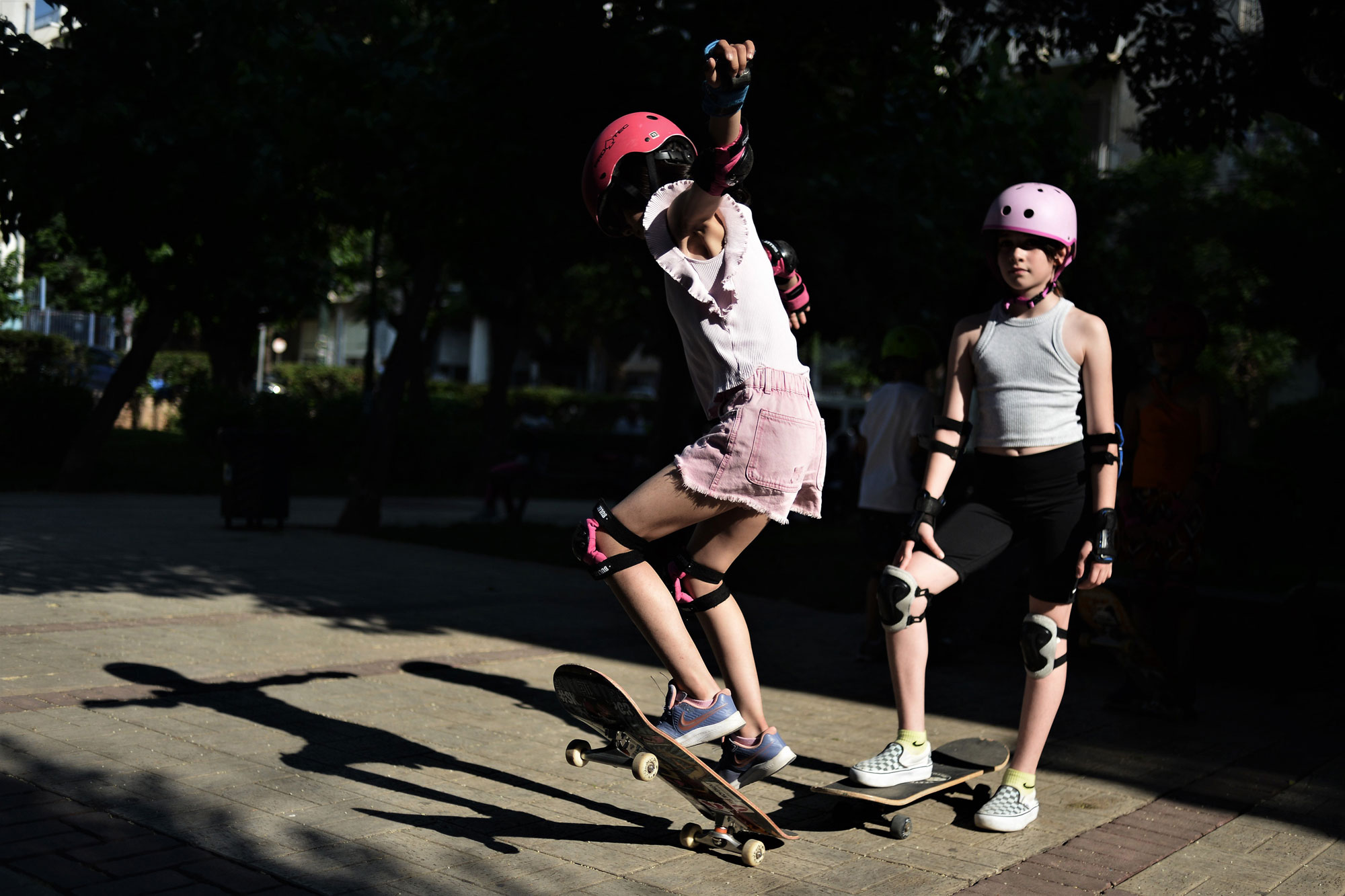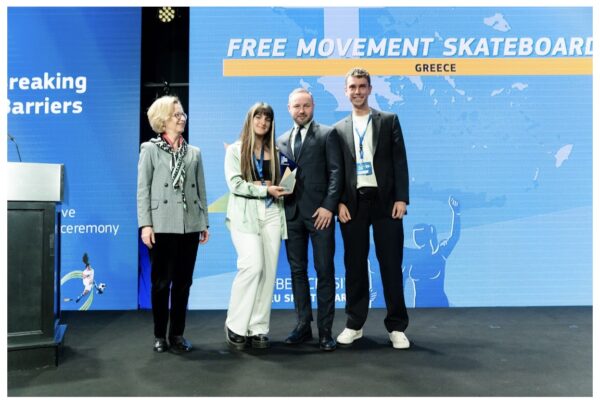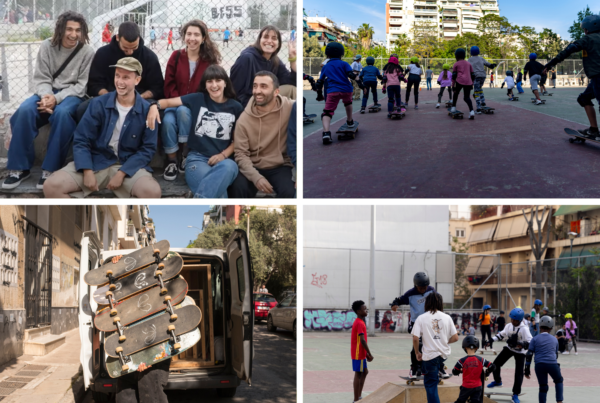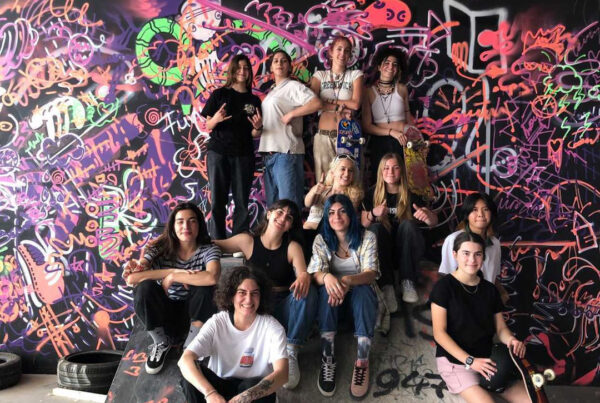The 8th of March
International Women’s Day is celebrated in many countries around the world. It is a day when women are recognized for their achievements without regard to divisions, whether national, ethnic, linguistic, cultural, economic or political. It began in New York City on March 8, 1857, when female textile workers marched in protest of unfair working conditions and unequal rights for women. It was one of the first organised strikes by working women, during which they called for a shorter work day and decent wages. Now, compare this date to the date that women in Greece won the legal right to vote and to be elected, in May 1952 and you have almost one century passing by (!).
Femininity and masculinity as concepts, universally were never ever equal. Although gender and sexual rights are human rights, they are not respected most of the time and in most societies. Greece has had an anti-racism law established in 2014, however this law has rarely been implemented ever since. There is also legal recognition of gender identity, but it is a difficult and quite expensive route for a person, in order to be able to choose how they wish to be identified on their legal documents. On the night of 15/2/24 the Greek parliament finally legalised same-sex marriage and equal parental rights for same-sex couples, making Greece the first Christian Orthodox country for same-sex couples to have the right to get officially married, despite the great opposition from the Orthodox Church.
Although it is a huge surprise for Kyriakos Mitsotakis’ government to pass a law like that, some of us still remember that he is the politician who in previous years was referring to trans people as “individuals who go to Imitos hill and speak with aliens in order to change their gender” inside the Greek Parliament, implying that trans people are mentally unstable. Consequently, it is not surprising at all that trans people are not included in this bill. They still cannot get married, they still do not have parental rights, and they remain one of the most marginalised groups globally.
Kyriakos Mitsotakis stated that same-sex marriage is a matter of equal rights adding that there should be no “second class citizens” or “children of a lesser God”, so this homonormative decision leaves us sceptical and reminds us of the social prejudice and stigma that still exists. So until the state considers the lives of all of us equal, let us start practising concepts like that of inclusion with each other.

Well you skate like a girl though…
But back to our domain. Many might think that as girls and/or queer people who work with FMS, skater girls and non-traditional skaters, we carry that identity as a badge of badass-ness. Engaging in traditionally male-dominated activities such as skateboarding, might be tough at the beginning but it can empower girls and genderqueer individuals as well by breaking down gender stereotypes and fostering a sense of independence, autonomy, and social interaction. There have been pro women skateboarders since the 1960s going against those stereotypes. Patti McGee, Peggy Oki, Leticia Buffoni, Lizzie Armanto, Cara-Beth Burnside, Jaime Reyes, Maria Duran, Nora Vasconcellos and so forth, are a few to name. But let’s be real, if you ask a male skater to name a few legends, would any of these names pop into his mind?
Well probably no. As it happens in any other profession, activity or hobby, it is an unwritten law to accept our male colleagues or partners as better than our female ones most of the time. But bear in mind, that this is not a lack of skills from the gals, but a lack of privilege. The patriarchal system that we are under, leads to the marginalisation and subordination of women in various aspects of life, such as politics, economics, and culture. In a patriarchal society, traditional gender roles and norms are reinforced, and men typically hold positions of power and dominance.

Critics of patriarchy argue that it perpetuates gender inequality, restricts the opportunities and freedoms of women, and reinforces harmful stereotypes about gender roles. Efforts to challenge and dismantle patriarchy often involve advocating for gender equality, challenging discriminatory practices, and promoting social, economic, and political opportunities for all genders.
Luckily, girls won’t stop fighting and last year’s FMS report notes increased participation of girls in our skate sessions whilst recent studies around the world also confirm increased numbers of women in skating. Skateboarding involves a community aspect. Joining skateboarding groups or making friends at skate parks can provide a sense of belonging and social support, contributing to overall well-being, something we see in action by working with FMS. Skateboarding is a mindful exercise, in which focus is necessary to learn new tricks, championing physical and mental health. With FMS we aim to create spaces in which girls and women, people of colour, refugee, migrant and Roma communities, LGBTQI+ and other groups feel safe to develop their skills on and off the board. Through the supportive, communal act of skateboarding, diverse youth share more than just space and build community.
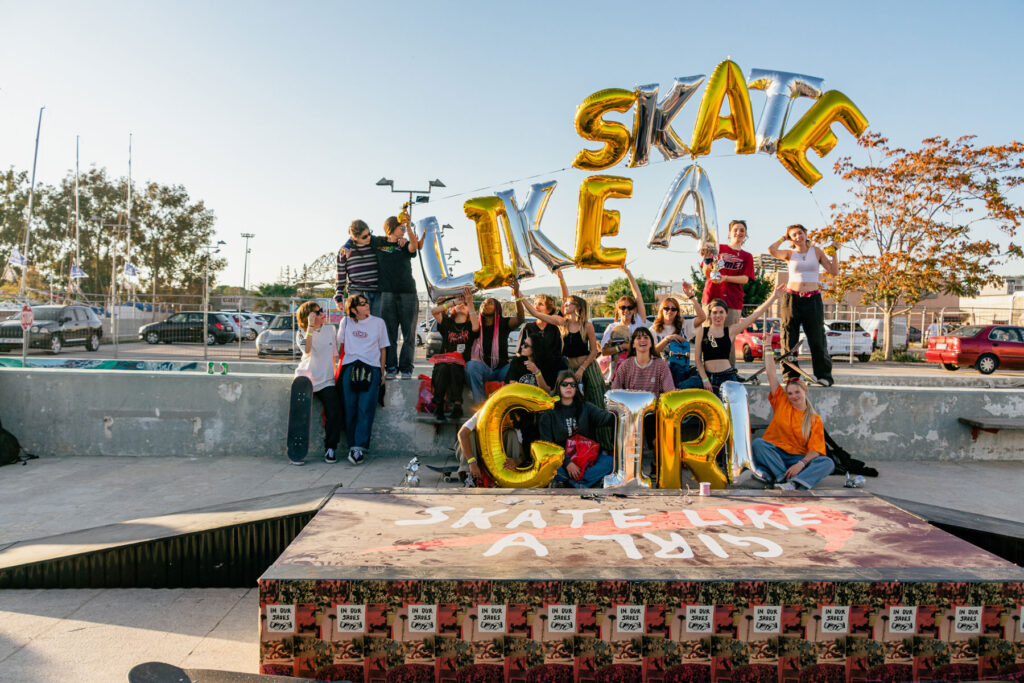
However, it is important to note that individual experiences vary, and not every girl and gender non-conforming person find the same level of benefit from activities that are dominated by cis male individuals, especially during non-organised skate sessions. Being a female and/or a queer individual trying to penetrate the skateboarding scene in Athens on your own, can become really difficult.
Claiming space
Skateboarding means that skaters have to claim their space in society and by doing exactly this more visibility is a given. Since you have to roll the streets and visit public open spaces and skateparks in order to skate, people can see you do what you love, and this by itself can raise different questions; good ones and bad ones. Many might be sceptical, others can be dicks, but most importantly, this act of a non-traditional skater claiming space may lead to a more positive and open way of thinking about the community that we actually want to create, and that is the only thing that we should have in mind, throwing those other negative words and actions into the dumpster where they belong.
Notions that confront traditional structures of the society and gender roles, express exactly our standpoint within the cis-male dominated skateboarding scene. Girl, genderqueer and non-traditional skaters, feminist individuals who want to support and help create an inclusive skate scene, are our allies in these community-building efforts to challenge discrimination and promote equality with an intersectional approach.

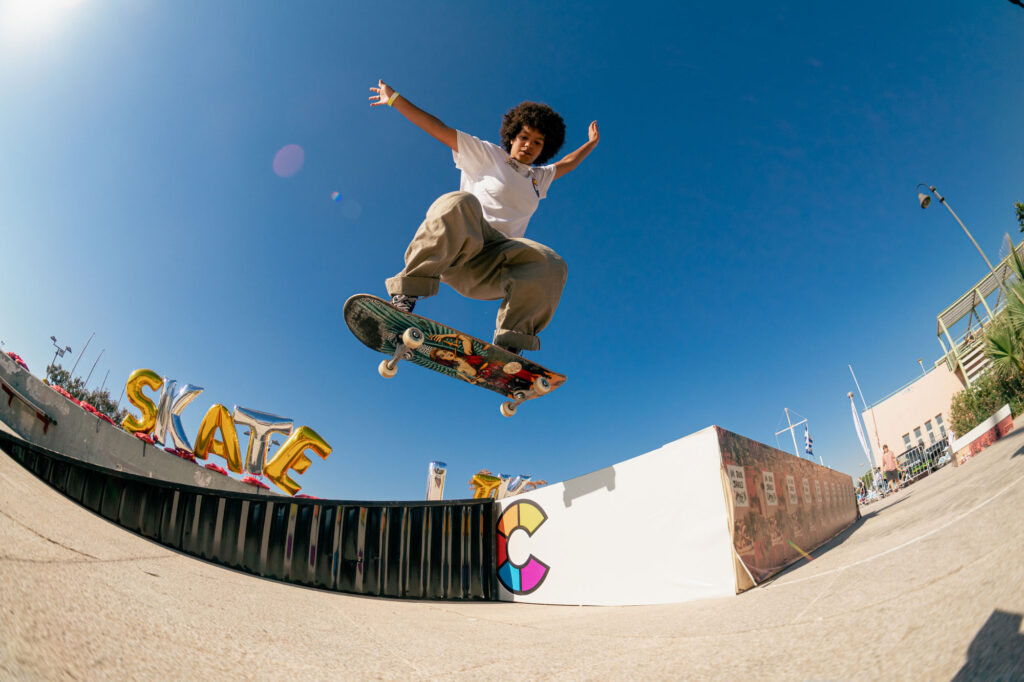
Non-traditional skaters, where are you?
Subsequently, it is essential for us to create a network and build an active community with other skaters who are considered to be “abnormal”, “weird”, “not cool”, “crazy”, “edgy” and so forth. In FMS we aim to empower alternative forms of skateboarding, particularly girl skateboarding, which has only emerged in recent years in the local skate scene. We have worked on hosting girl skate jams and promoting alternative skateboarding to have a place in skate contests and events, as well as equal prize money. Over the past years we held various events that promoted women empowerment, both amongst our participants but also amongst the local skate scene too. The number of girls who are skating in Athens has been increasing, and we are here to ensure they feel safe and are having fun on their board.
But as this day of the year has come again, we also want to ensure that are voices are getting heard and that our presence is strong, so this article apart from advocating for the girl, gender queer and non-traditional skaters within the Athenian skate scene, is also an open call to join us on the 8th of March at 18.00 p.m. at Propylaia, so we can march together. Afterwards we can spend some time collectively having some drinks and beverages at ‘Ministry of Concrete‘. See you on the streets!
